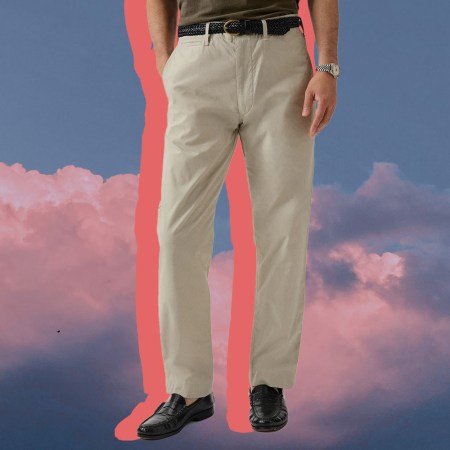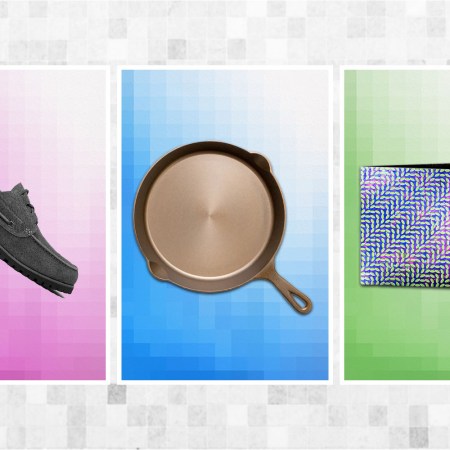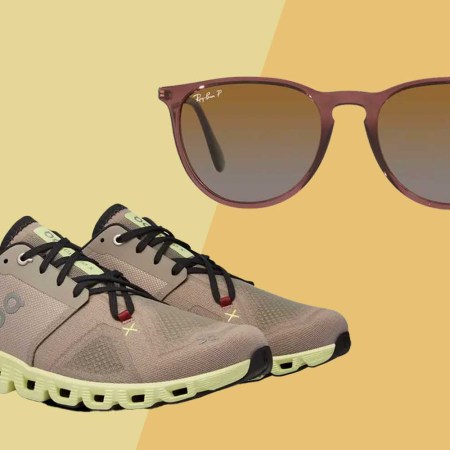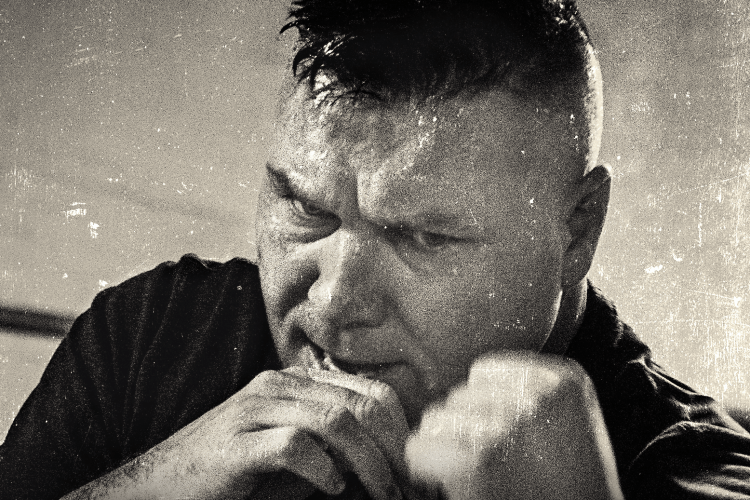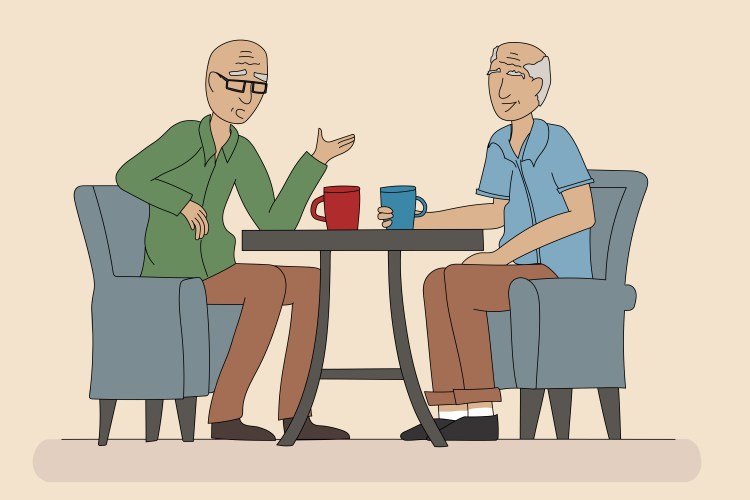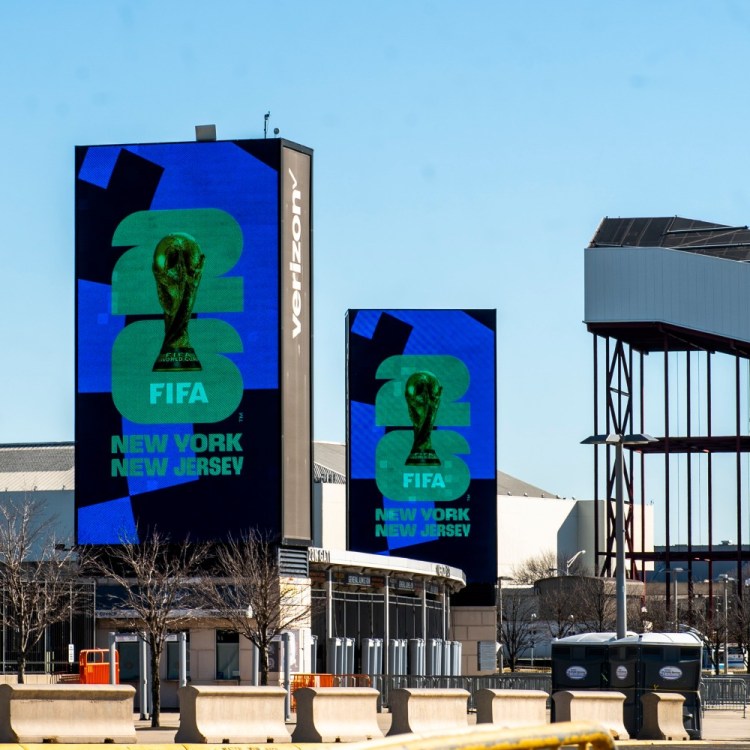We’re not trying to be alarmist, but the Great Barrier Reef, aka the largest living organism on ma’ earth, is dying. That’s the news scientists have given after a recent survey which revealed the Reef , which has been declining in health for years, is likely in its final “terminal stage.” It’s directly correlated to climate change and rising sea temperatures.
As vocal advocates for adventure travel, we realize that also extends to being vocal about protecting the natural wonders that have have changed and enriched the lives of us and so many others. The Great Barrier Reef is so massive and home to so many delicate ecosystems that this devastating news is farther reaching than we are able to accurately measure at this time. The best we can do is educate ourselves and each other, consider making certain lifestyle changes and continue to be vocal about the factors that endanger our beloved wilderness around the world.
Here’s what we know about the current situation:
What is the Great Barrier Reef?
As mentioned, it’s the largest living organism on the planet, located off the north eastern coast of Australia. It’s 1,600 miles long and has an affect on an area spanning over 133,000 square miles. It’s home to 3,000 varieties of mollusks, 1,625 species of fish, 3,000 coral reefs and loads of sharks, whales and dolphins.
What’s going on down there?
According to aerial and underwater surveys, 930 miles worth of coral is now bleached. That’s 93 percent of this incredible natural wonder.
The hell does “bleaching” mean?
Bleaching is a calcification of the coral due to rising sea temperatures. As the planet gets warmer so too does the ocean. As the ocean gets warmer, the coral releases its algae, which calcifies the coral, turning its beautiful, multicolored exterior bone white.
Calcified coral is bad?
Yes. As mentioned, there are many microcosms and ecosystems that depend on the coral’s algae for life (including humans, if you consider the fishing industry). As the algae dies off, the mollusks and fish have nothing to eat, sending ripples that become waves on up the food chain. Not to mention the local tourism industry, which employs 700,000 people and is worth $5 billion annually to the Australian economy, would be virtually crushed.
Will it come back?
Yes, if ocean temperatures dropped enough, then the coral would heal itself within five to ten years. But that’s a very big “if,” considering the lack of global cooperation on the climate change.
So what can we do?
Urge leaders to act on climate change. Start driving an electric vehicle. Take fewer airplane trips. Be more cognizant of how you choose to eat. And, sadly, don’t take trips to the Great Barrier Reef because all of that traffic definitely isn’t helping.
Source: Futurist
This article was featured in the InsideHook newsletter. Sign up now.
